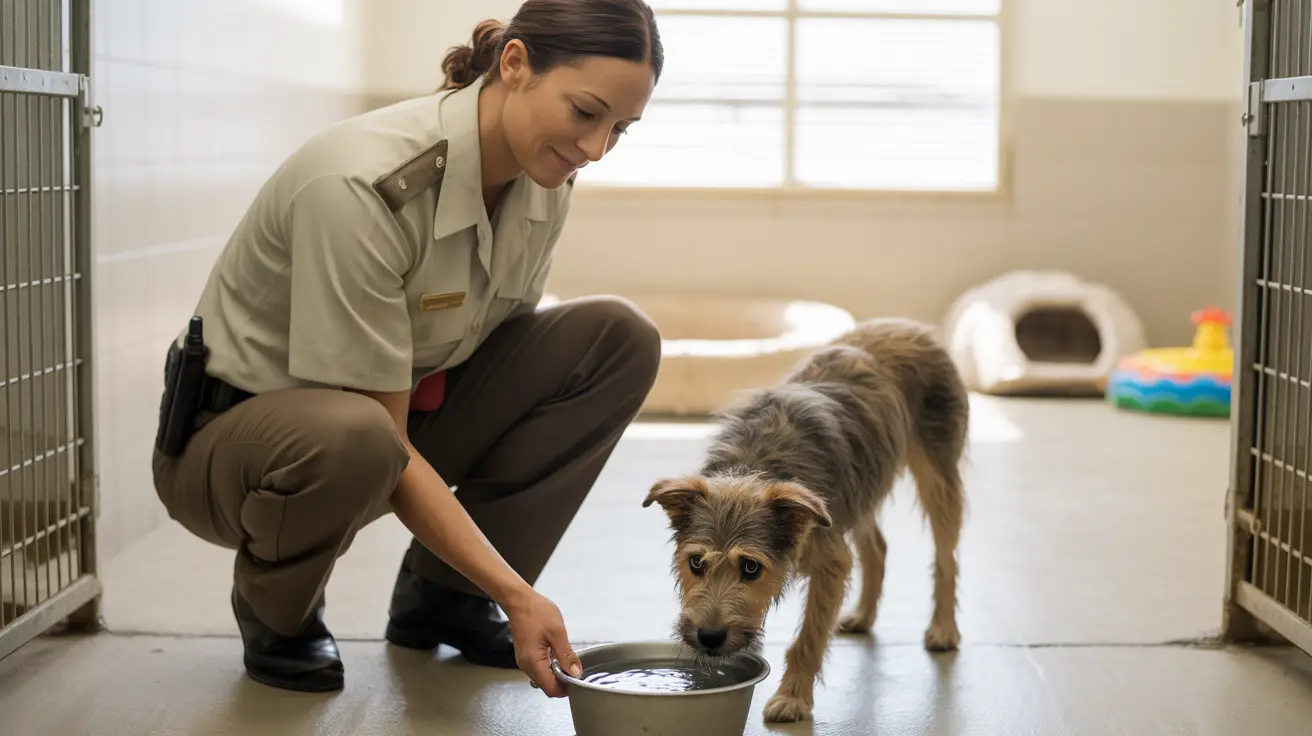How Worms Affect Dog Behavior and Health
Intestinal parasites, commonly referred to as worms, can significantly impact your dog’s health and alter their behavior. These changes can sometimes be subtle, but understanding how worms influence the way dogs act can help pet owners recognize early signs of infestation and take action promptly.
Types of Worms That Affect Dogs
Several types of worms can infect dogs, each with its own symptoms and health consequences. The main culprits include:
- Roundworms – Most common, especially in puppies.
- Hookworms – Feed on blood and can cause anemia.
- Tapeworms – Often transmitted by fleas.
- Whipworms – Affect the large intestine.
- Heartworms – Spread by mosquitoes and affect the heart and lungs.
Behavioral Changes Caused by Worms
Worm infestations in dogs may lead to various behavioral and physical symptoms, which include:
- Decreased energy levels – Dogs infected with worms often appear less active or lethargic due to nutrient deficiencies or blood loss.
- Changes in appetite – Some dogs may lose their appetite, while others may appear hungrier than usual.
- Weight loss – Despite normal or increased eating, the dog may still lose weight due to parasites consuming vital nutrients.
- Pot-bellied appearance – Common in puppies with roundworm infestations.
- Scooting or excessive licking – Dogs may drag their rear ends on the ground or lick excessively due to irritation caused by worms.
- Restlessness or discomfort – Itching and internal discomfort may make dogs more agitated or anxious.
- Coughing – Associated especially with heartworms or advanced lungworm infections.
Why Worms Cause These Behaviors
Worms disrupt your dog’s normal physiological processes:
- Nutrient theft – Worms feed off a dog’s nutrients, leading to fatigue and poor coat health.
- Internal irritation – Internal worms can irritate a dog’s intestinal walls, causing discomfort and behavioral changes.
- Organ stress – Heartworms cause significant cardiovascular stress, leading to coughing and reduced stamina.
How to Identify a Worm Infestation
Routine observation can help identify a potential worm issue. Look for:
- Visible worms in feces or near anal area (especially tapeworm segments).
- Increased hunger but no weight gain.
- Poor coat quality or dull appearance.
- Sudden changes in stool, like diarrhea or bloody stools.
If such signs are observed, it is crucial to take your dog to a veterinarian for proper diagnosis and treatment.
Effective Treatment and Prevention
Managing worms involves a combination of veterinary treatment and preventive care:
- Veterinary dewormers – Medications should be prescribed based on the type of worm.
- Routine fecal exams – Regular stool testing helps catch infestations early.
- Flea and mosquito control – Prevents infections from tapeworms and heartworms.
- Clean living environment – Picking up pet waste promptly and keeping living spaces tidy reduces exposure to parasite eggs.
Worms in Puppies vs. Adult Dogs
Puppies are especially vulnerable because they often inherit roundworms from their mother. Frequent vet visits and early deworming are key. Adult dogs may get worms from contaminated food, water, or environments. Pet owners should maintain regular deworming schedules even for adult dogs.
Conclusion
If your dog is acting strangely—seeming tired, hungrier than usual, or scooting on the carpet—consider the possibility of a worm infestation. Because worms can drain your dog’s energy and disrupt its nutritional balance, early intervention is essential. Always consult a veterinarian if you notice behavioral or physical changes in your dog. Preventive care, regular checkups, and good hygiene will keep your dog worm-free and healthy.





